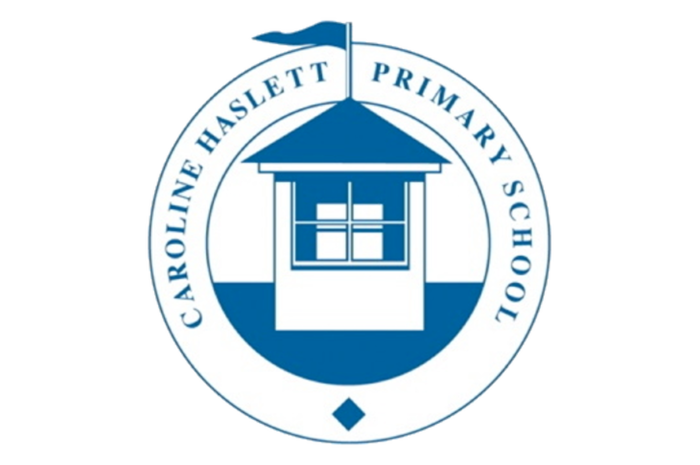EAL - English as an additional language
At Caroline Haslett we are delighted to host a large number of children who come from diverse families including children who have EAL. We are fortunate to have 36 different languages spoken across our school and it is important that we celebrate this. With 33% of our pupils being classed as EAL, it is important that we work together to allow our children to reach their full potential.
What do we mean by ‘EAL’?
The term EAL stands for English as an additional language. At Caroline Haslett we recognise that a child has English as an additional language if their main language spoken at home is not English. We aim to work together to meet the range of needs that our children and their families may face.
How does Caroline Haslett support EAL learners?
It is important to recognise our EAL children’s starting point and to support their potential appropriately. At Caroline Haslett, we assess our EAL learners by using the NASSEA assessment framework which is a cross curricular tool to help us observe, document and accelerate the way our bilingual pupils use and embed English into their everyday school lives. This summative assessment then helps inform us of any areas of need and in turn, we then implement any appropriate interventions.
Extra information and further support
If you think your child may need extra help with their understanding of English, the first step is to talk to Miss Cooper who is our EAL lead. Concerns will be listened to and steps will be put into place so we can work collaboratively to support your child’s needs.
Please find below useful websites which offer a wealth of resources and information to further support your child’s progression in school and at home:
- A charity run website which has many free resources, information and support once you sign up for free https://www.bell-foundation.org.uk/
- A good starting point for parents wanting to support their children’s progress with English at home. https://www.twinkl.co.uk/resources/eal-inclusion-teaching-resources/support-eal-inclusion-teaching-resources/parental-support-support-eal-inclusion-teaching-resources
- A useful website which translates useful and important phrases https://www.oxfordlearnersdictionaries.com/wordlists/oxford-phrase-list
- https://www.bell-foundation.org.uk/eal-programme/guidance/parental-involvement/guidance-for-parents-english-education-system/
- Parental Support Video
Websites with free online books, stories, videos and games:
- https://worldstories.org.uk/
- https://www.bbc.co.uk/learningenglish/english/features/childrens-stories
- https://learnenglishkids.britishcouncil.org/
